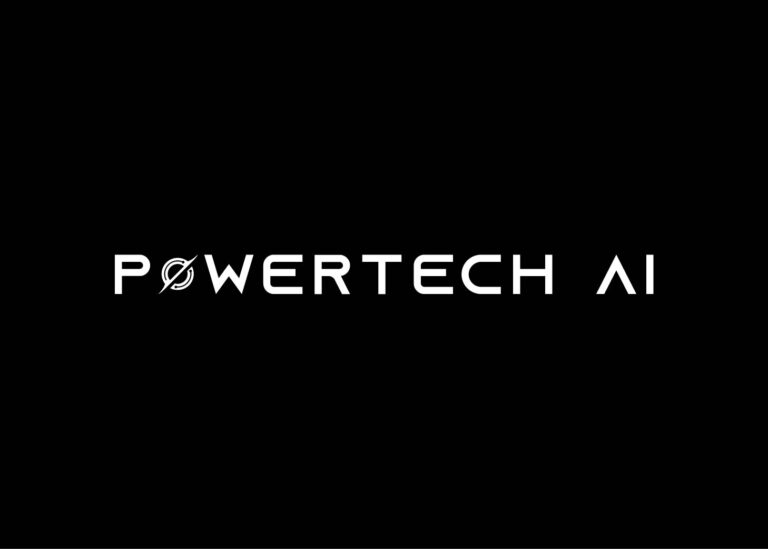The headlines have been grim for months, and now the numbers are painting a stark picture: over 100,000 tech jobs have been cut in 2025, with major players like Amazon, Salesforce, Google, Meta, and Accenture leading the charge.
And the reason? It’s not just economic downturns this time. These companies are explicitly pointing to AI adoption and the need to “rebalance” or “upskill” their workforce as primary drivers for these significant reductions, particularly impacting support, administrative, and even some mid-level technical roles.
Let’s not sugarcoat it: this is the AI tsunami hitting the job market.
The “Rebalance” and “Upskill” Myth (and Reality)
When major corporations talk about “rebalancing” or “upskilling,” it often means two things:
- Automation of Existing Roles: AI is becoming incredibly efficient at tasks that were once performed by humans. Customer support, data entry, content moderation, routine coding, and administrative tasks are all ripe for AI-driven automation. If an AI can do it faster, cheaper, and with fewer errors, companies are making the shift.
- Demand for New, AI-Centric Roles: Simultaneously, there’s a surge in demand for roles that build, manage, optimize, and oversee these AI systems. Think AI engineers, prompt engineers, ethical AI specialists, data scientists focused on model training, and AI integration experts.
The harsh reality is that the “upskill” requirement often means acquiring entirely new skill sets, not just minor improvements to existing ones. Those who can’t adapt or find a new niche are unfortunately being left behind.
Is Your Job AI-Proof? (Or, More Importantly, AI-Enhanced?)
If you’re in the tech industry, or any industry for that matter, this news should be a wake-up call. It’s no longer enough to be proficient in your current role. You need to be asking:
- How can AI augment my current responsibilities?
- What new AI tools or platforms should I be mastering?
- Which tasks in my day-to-day work could an AI do more efficiently, and how can I pivot to higher-value activities?
The Opportunistic Earning Angle: Embrace the Change
For the PowerTechAI community, this isn’t just a threat; it’s an undeniable signal of massive opportunity. The jobs being lost are often those that are repetitive, predictable, and data-intensive. The jobs being created are highly strategic, creative, and require advanced problem-solving skills in an AI context.
Here’s where the smart money is moving:
- AI Integration Consultants: Companies need help understanding how to implement AI without creating “workslop” (as we discussed yesterday!). They need experts who can seamlessly integrate AI into existing systems and prove ROI.
- Prompt Engineering & AI Workflow Design: Mastering how to “talk” to AI and design efficient AI-powered workflows is an increasingly valuable skill.
- Ethical AI & Governance: As AI becomes more powerful, ensuring it’s used responsibly and ethically is paramount. This is a burgeoning field.
- Specialized AI Development: Building custom AI agents or models for niche problems that large, general-purpose AI can’t solve as effectively.
Don’t Be a Statistic – Be a Pioneer.
The era of AI reshaping the workforce is not coming; it’s here. While the job cuts are a sobering reminder of AI’s disruptive power, they also highlight the urgent demand for a new kind of professional.
Instead of fearing the AI tsunami, learn to surf it. Invest in your AI literacy, identify the gaps that AI creates (and fills), and position yourself as the indispensable expert in this brave new world. The future of work isn’t about if AI will impact your job, but how you choose to adapt and thrive alongside it.


